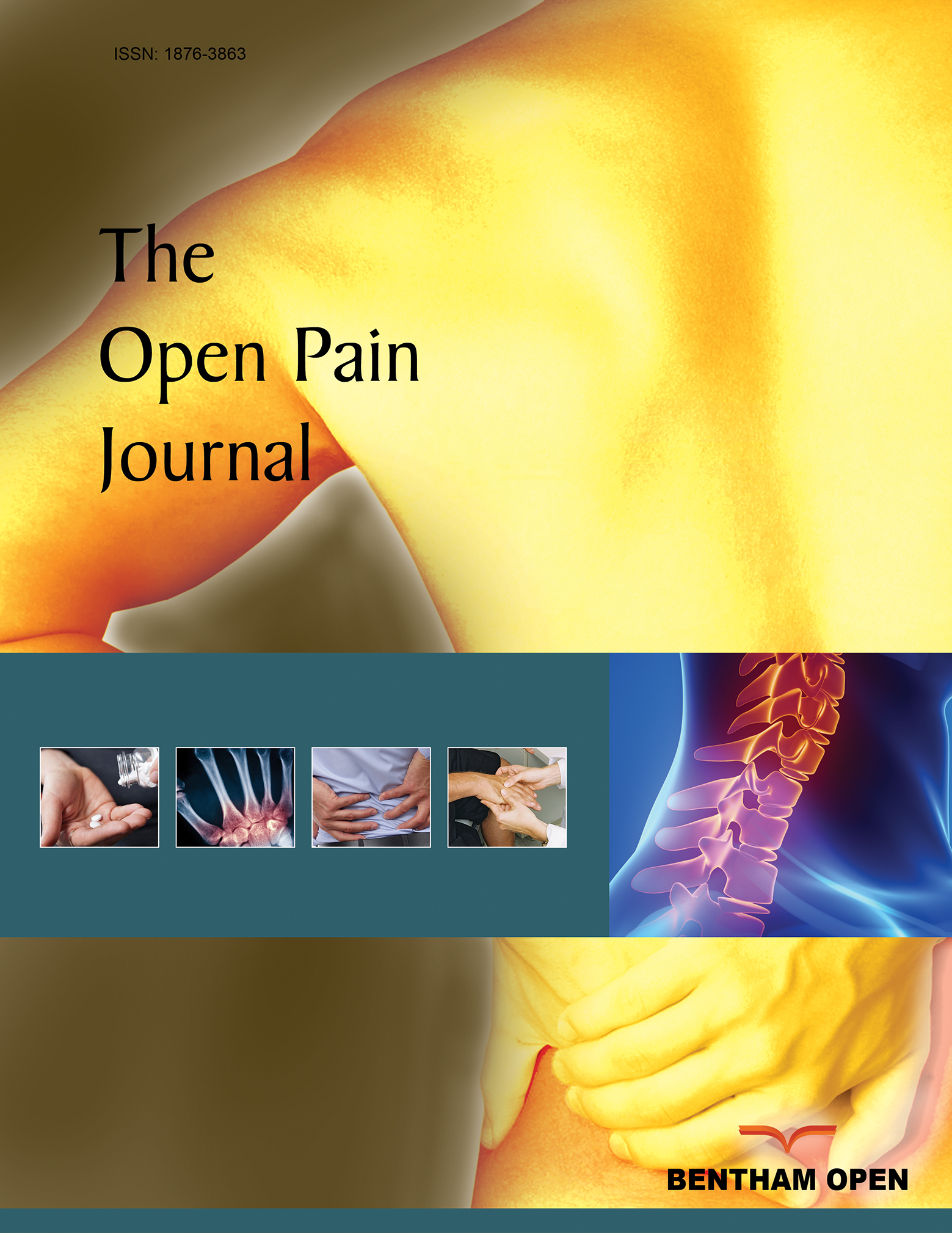All published articles of this journal are available on ScienceDirect.
Rat Running Wheel Behavior Reflects Inflammatory, Orofacial Pain
Abstract
Background:
Our objective was to establish a novel, unbiased metric of inflammatory, orofacial pain.
Method:
Rats were placed individually into cages equipped with running wheels, and allowed an acclimation period of 17 days. Diurnal and nocturnal voluntary running behaviors were recorded. After day 17, rats were deeply anesthetized and divided into mustard oil, vehicle (mineral oil) and drug (ibuprofen) groups. Injections of mustard oil or mineral oil were made into the vestibule superior to the maxillary molar. Running wheel behavior was recorded for three days following the procedure.
Results:
After acclimation, the average percentage of running behavior that occurred at night was 94% +/-1% SE. Mustard oil injections caused externally observable, unilateral inflammation. On average, mustard oil injections significantly reduced nocturnal running on the first and second nocturnal periods post-injection. The non-steroidal anti-inflammatory, ibuprofen, significantly improved running behavior during the second nocturnal period, which was abolished when removed during the third nocturnal period.
Conclusions:
We conclude that unilateral injections of algogens in the vestibule coupled with analysis of nocturnal running behavior is an effective method to measure acute inflammatory pain for three days that mirrors many painful clinical situations. The model could be used as inexpensive, quantitative method to evaluate putative pain relieving therapeutics.


